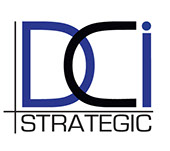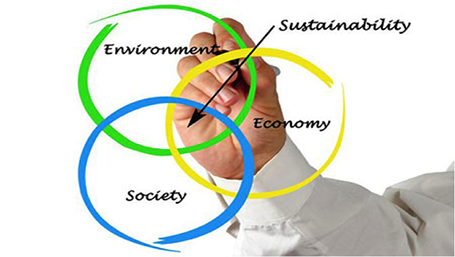
SUSTAINABILITY
Most companies know sustainability is important for future success, but few manage to make it an integral part of their business. To do so, it has to be worth it. Here are three steps to analyze the impact of going green:
- Take a close look at your supply chain. Collect baseline measurements on energy, material, and natural resource usage.
- Get a quick win. Select a pilot project based on your initial measurements that will produce concrete data quickly. For example, look at heating oil usage in one store and explore how to reduce it.
- Expand the initiative. Once you reach the small-scale goal, expand the project to other areas. Communicate the initial results and the company's goals for sustainability to the entire organization.
There are reasons why CEOs should be tapping their Head of Supply Chain to unlock these benefits, not their Head of Sustainability.
Taking waste out of the system while gaining strong brand experience is creating sustainable value.
Manage Your Risk In Turbulent Times and Meet Increased Demands For Sustainability
Sustainability is risk to most companies. There is a shift upward. Value creation is the new opportunity from it.
• Improved sourcing transparency is demanded by more customers and stakeholders
• Shift by companies is to take on the challenge and use sustainability as a differentiator
• Sustainable supply chain are evolving as source of value creation and competitive advantage
Sustainability (CSR) and risk drives the value chain.
Meeting Increase Demands For Sustainability -> Value Creation
Risk and sustainability are neither separate nor mutually exclusive or even stand alone elements.
The traditional approach was to deal with risk and sustainability in this manner. Actually, they are best worked as complementary to the same coin for gaining maximum value in the supply chains of the future. The linkage between risk and sustainability has gained traction recently through a number of studies and realizations socially. This is facilitated through a lens of better transparency brought on by new technologies and improved processes. There is a social contract that companies cannot afford to ignore and gains to be made in maximizing value for them. There is a heightened awareness that companies are to be seen taking action on social, environmental and economic issues. In addition, they are held accountable for reducing risk with improved sustainable products and services.
Transparency via improved process and new technologies are an enabler to take the complexity out of large global supply chains. This makes the connections with an extended depth of supplier’s supplier relationship management, while creating sustainable value. This alignment in outlook also leads to deeper relationships and engagement between the buyer and the supplier. It improves design, reduces risk and helps the company operate more sustainably.
Increase market share through Corporate Social Responsibility (CSR) engagement.



DCI STRATEGIC © ALL RIGHTS RESERVED.